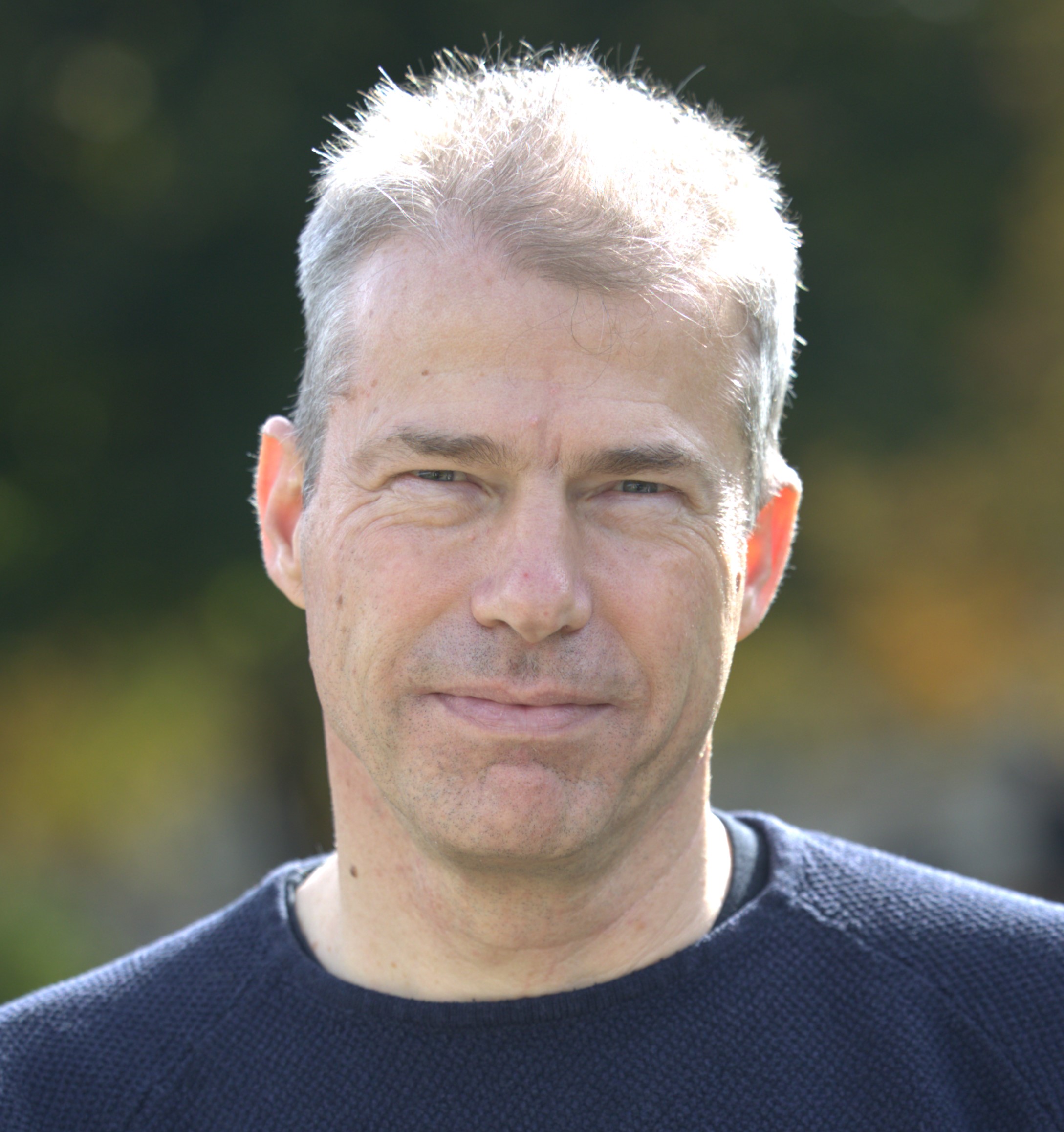
Albrecht Mayer
Infineon, Germany
Highest availability needs in-field debugging
Abstract
High-availability hard real-time systems must remain resilient to both hardware faults and software errors, ensuring consistent performance and safety. In complex systems, guaranteeing robustness is challenging due to the potential for rare, hard-to-predict events that may impact hardware and software behavior. These errors range from sporadic hardware faults to software anomalies that manifest only under specific, uncommon conditions, all of which pose a risk to system stability.
For systems that are mass-produced and can be updated remotely, a solution is to continue with debugging in the field. This debugging must be safe and secure, ensuring that information about a symptom of the in-field activity is captured without influencing the system. The latest automotive microcontrollers support this in hardware with ASIL-D safety level.
With the right tool infrastructure, it is possible to use the same trace-based debug methods in the lab and in the field. This setup with proven tools is extremely important to avoid wasting time on analyzing issues which are just caused by a special tool setup and not by the target system. On the other side in-field debug offers a lot of opportunities on research for tools and methods for a “test stand” with many thousands of units, which however have just on-chip trace as resource.
Biography
Albrecht Mayer is Distinguished Engineer at the Infineon microcontroller business line. In the last 15 years he has been working on the AURIX multi-core microcontroller family architecture which targets a broad range of applications, fulfilling highest requirements for safety, security, real-time behavior and availability under harsh conditions. His main responsibility are the debug, trace, measurement and calibration solutions, but he worked also on other aspects like the family architecture, high availability measures and the security architecture. He has many publications and authored more than 50 patents. Dr. Mayer received a PhD degree in electrical engineering from the Technical University of Munich about a multi-core architecture.
If you wish to modify any information or update your photo, please contact Web Chair Arief Wicaksana.
